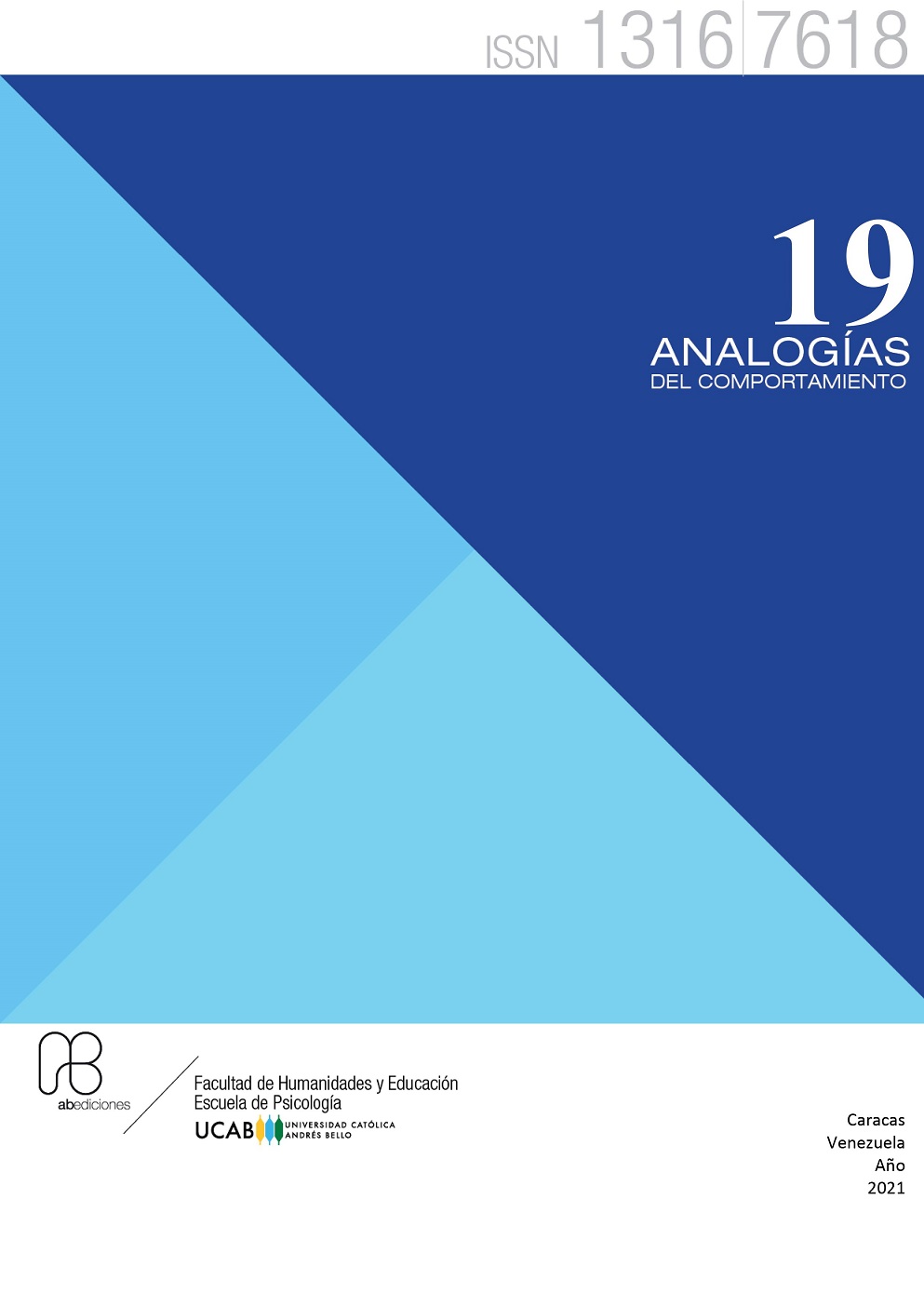Dyslexia, dyscalculia and dysgraphia: three case studies approached from educational psychology and neuroscience
Abstract
Educational neuroscience is an interdiscipline that seeks to understand the neural mechanisms involved in the fundamental cognitive processes for education (attention, language, reading, writing, calculation, memory and learning) in typical and atypical situations. The main objective of this research was to study three real cases of learning disorders (dyslexia, dyscalculia and dysgraphia) and to comparatively review the epistemological and therapeutic approaches of educational psychology and neuroscience to these disorders, obtained from the specialized literature and the analysis of the curricular meshes of 41 postgraduate courses in educational neuroscience. The educational neuroscience approach has been supported mainly by functional magnetic resonance brain studies of people with or without the aforementioned disorders, which has made it possible to identify various structures and neural circuits involved in these processes, which has contributed to enriching the interventions of the school psychologist and educator, by allowing early diagnosis of these disorders.



